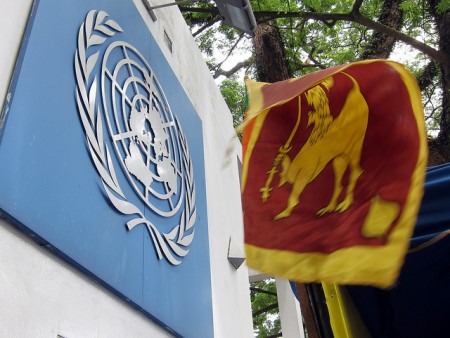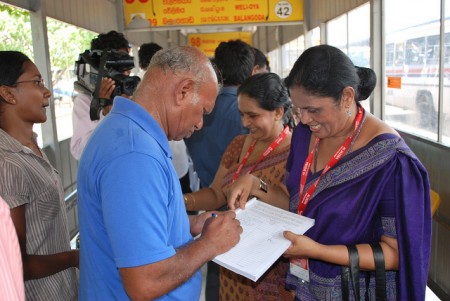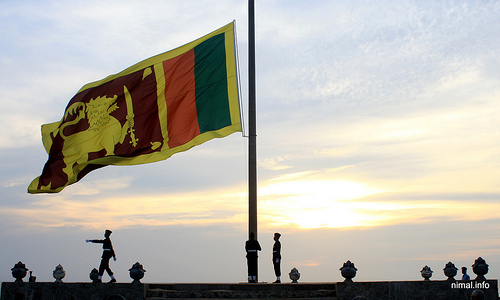
Ahead of Sri Lanka’s planned provincial election in a former war zone, the country’s main ethnic minority Tamil party is pushing to have as much power devolved from Colombo as possible.
The island nation has grappled for decades with the question of the devolution of power to its nine provinces, particularly the Northern and Eastern provinces, considered by Tamils to be their homeland.
In the early 1980s Tamil frustrations at what they perceived to be discriminatory tactics employed by the state led to the growth of a militant movement and a 26-year civil war that lasted until May 2009, when government forces defeated the separatist Liberations Tigers of Tamil Eelam (LTTE).
“The issue really is the extent of executive powers the [presidentially appointed provincial] governor will be sharing with the [provincial] board of ministers,” Abraham Sumanthiran, an MP from the Tamil National Alliance (TNA), said recently. TNA is the largest national party representing minority Tamils from the north.



